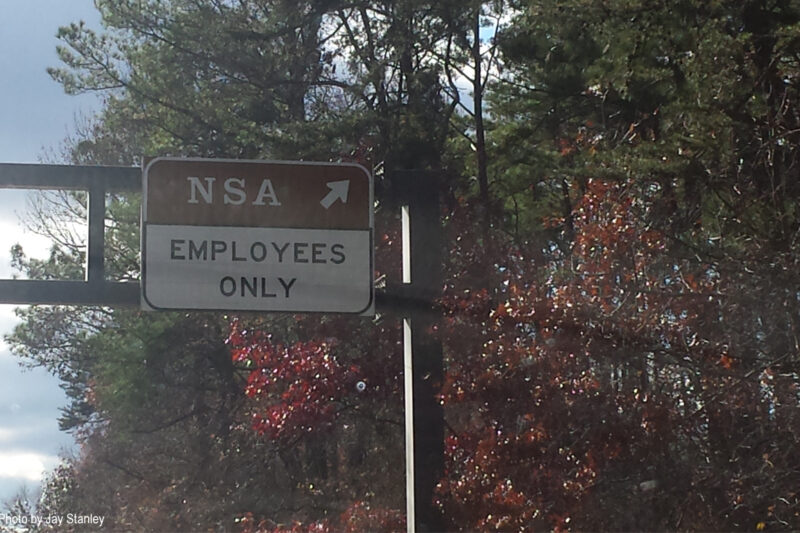
The New York Times has published an pointing out‚ÄĒrightly‚ÄĒthat supporters of the Patriot Act have been dramatically overstating the importance of three provisions of the Act scheduled to expire this coming Monday. One of the provisions, the article notes, "has apparently never been used." Another "is used only rarely." And the final one‚ÄĒSection 215, which the government has relied upon to collect Americans' call records in bulk‚ÄĒhas been described as inessential by three separate government review groups.
But the New York Times story misses the point in arguing that opponents of the Patriot Act have been equally speculative in their concerns. For support, it points to Senator Rand Paul's speculation that the expiring provisions may one day be abused for nefarious purposes. Although that is certainly a concern, it is by no means the principal one.
The central abuse of Section 215 of the Patriot Act is not hypothetical. It is the government's daily reliance on this provision‚ÄĒsince 2006‚ÄĒto collect the call records of millions of innocent Americans to build a database of their associations for later searching. The invasiveness of that bulk collection is without ready comparison in the annals of American history.
The Times is correct that the NSA has not disclosed, nor have any reporters uncovered, any misuses of the call-records database for political or other corrupt purposes. (There were thousands of violations a year between 2006 and 2009, but they do not appear to have been politically motivated.) But the premise of that observation appears to be that privacy only matters when the information is misused.
We could not disagree more. Privacy is a right unto itself, fundamental to human dignity. Without it, human intimacy and artistic creativity would have little room to flourish. Ever-present eyes, even if watching with the best of intentions, spoil the sanctity of the spaces they invade. For that reason, no one would defend a government program that had swept up everyone's phone calls, emails, or home videos by pointing out that the information had never been misused. The invasion of privacy, itself, is the abuse.
That abuse‚ÄĒone that a federal appeals court recently called "unprecedented" in scope‚ÄĒis the reason that many privacy advocates have called for far-reaching reform of NSA surveillance or, short of that, simple expiration of the three Patriot Act provisions now being debated in Congress. Anything else would risk irreversibly diminishing the privacy that our nation's founders knew to be critical to liberty.

